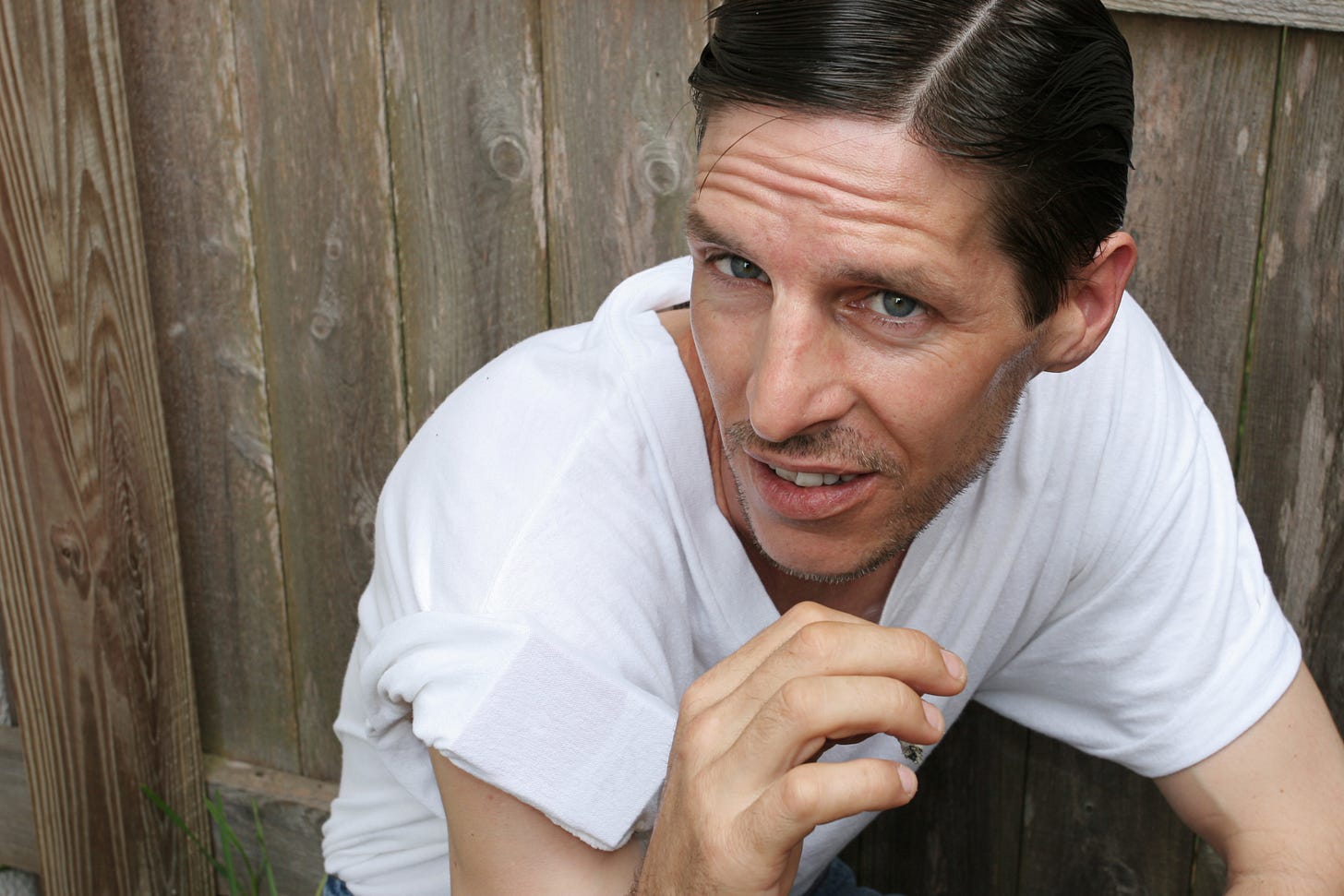In a recent article, I introduced what I see as a liberal morality crisis. As a liberal myself, I'm increasingly appalled at my political allies' defense, and even glorification, of institutions that harm women, children, minorities, and the poor—the very people we purport to care about—such as pornography, the sex trade, kinks gone too far, and the medicalization of gender nonconformity.
Humor me, for a moment, while I return to the case of Armin Meiwes, a man who found, via personal ad, Bernd Brandes—a “consenting” victim for his cannibalism fetish. Meiwes met Brandes at his home, drugged him, amputated his penis, fried it in a pan with garlic and wine when it proved too “chewy” to eat raw, and then—after a brief prayer—stabbed his victim in the throat. He also videotaped the four-hour ordeal. Afterward, Meiwes dismembered the man, stored his flesh in his freezer, and ate it over the course of ten months.
Researcher Jonathan Haidt found that liberal-leaning students couldn't condemn Meiwes' behavior on moral grounds, largely because the victim had provided “consent.” As I've argued elsewhere, perhaps they also relied too heavily on reason in arriving at their conclusion.
I have some questions for those students.
How would they feel if Meiwes moved into the house next door to them? Would they invite him to their poker game? Would they invite him to their BDSM club? Would they ask him to babysit their kids?
Why not? Meiwes appears to abide by the principle of consent.
Here's why not: We are not atomized collections of random personality traits. We are whole people with guiding principles, even if we can't articulate what those are. One of Meiwes' is that he values sexual release more than he values human life.
The idea of personality versus character was first introduced to me by Chris Rojek in the book Presumed Intimacy. This isn't the primary focus of Rojek's book, which focuses on the shallow relationships we develop in the era of celebrity culture and social media. But Rojek does a great job articulating this dichotomy, which is well established in literature. Character, Rojek says, is "innate" and strengthened by practicing "self-discipline, responsibility and self-determination." Personality, on the other hand, is "constructed," "situational" and "calculated." According to Rojek, "individuals invest considerable thought" in its construction, choosing "actions [that] produce favored responses." As a society, Rojek says—and I would argue, especially as liberals—we've given into our "inexhaustible appetite for approval,” trading a respect for character for an interest in personality.
Rojek is not the first to explore the dichotomy. Polish philosopher Konrad Banicki, evaluating work by psychologists and scholars including Kurt Danziger, Svend Brinkmann, Ian Nicholson and others, finds that the shift from character (a premodern concept) to personality (a modern concept) resulted as “scientifically minded American psychologists,” as Danziger called them, rejected the “normative” concept of character, morally laden as it was with “virtues and vices,” and sought to name something more objective that they could “medicalize”—defining and treating "personality disorders."
Even the self-help contingent recognizes the distinction. Stephen Covey of "7 Habits of Highly Effective People" fame found, after reviewing "hundreds of books" on success written after 1776, that older books focused on a "character ethic" and later ones on a "personality ethic." The character ethic, exemplified by Benjamin Franklin's autobiography, credited "certain principles and habits deep within a person's nature," such as "integrity." The personality ethic prescribed manipulation of one's "public image" and of social situations, "quick fix techniques,” fakery and intimidation. "Personality can open doors,” adds salesman Elmer G. Letterman, “but only character can keep them open."
Personality compels us to ask, “Under what circumstances will Meiwes murder and eat a man?”, concluding, perhaps, that he's violated no specific social rules. Character compels us to ask, “What kind of person derives sexual pleasure from murder and cannibalism?” Perhaps a man's guiding principles manifest beyond a single action. Perhaps you are right to distrust a sadist, even if masochists exist.
If, as liberals, we can condemn anything—say, for example, someone using language that shows insufficient tolerance toward others—can't we also condemn a man who'd just as soon slaughter you as miss an orgasm?





Oof. This is such a good/gross example. Because we DO still have to find some behaviors repugnant regardless of context, or what the hell are we doing here.
I recently learned, and was not surprised, that many of the mid century theorists (whose work has led to much of the bizarre issues of our present) were at least fascinated by and sometimes openly admiring of the Marquis de Sade. Some even tried to spin his horrific behavior as a model for freedom. No thanks.
Interesting, and fairly well delineated, dichotomy there between character & personality. But the latter reminds me of Carnegie's "How to Win Friends and Influence People" which is presumably or apparently something of a classic on the topic -- what price survival?
And the former -- particularly the bit about "self-discipline, responsibility and self-determination" -- reminds me of a favourite quote of Eleanor Roosevelt:
"... For our system is founded on self-government, which is untenable if the individuals who make up the system are unable to govern themselves.”
https://www.goodreads.com/quotes/824275-our-children-must-learn-to-face-full-responsibility-for-their-actions
In any case, a couple of interesting links and references there to follow later, including this co-authored by Rojek:
https://theconversation.com/the-online-wellness-industry-why-its-so-difficult-to-regulate-131847